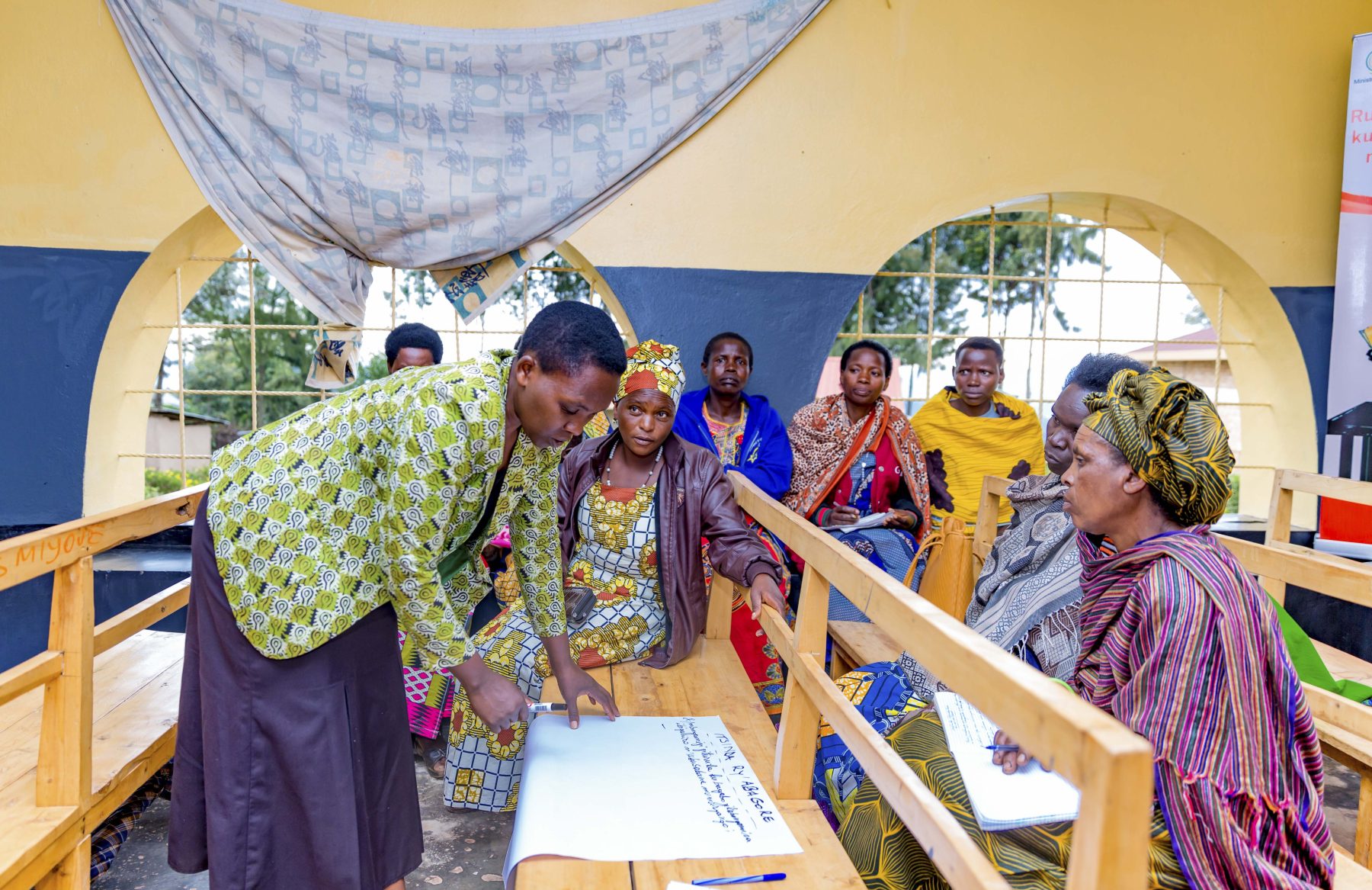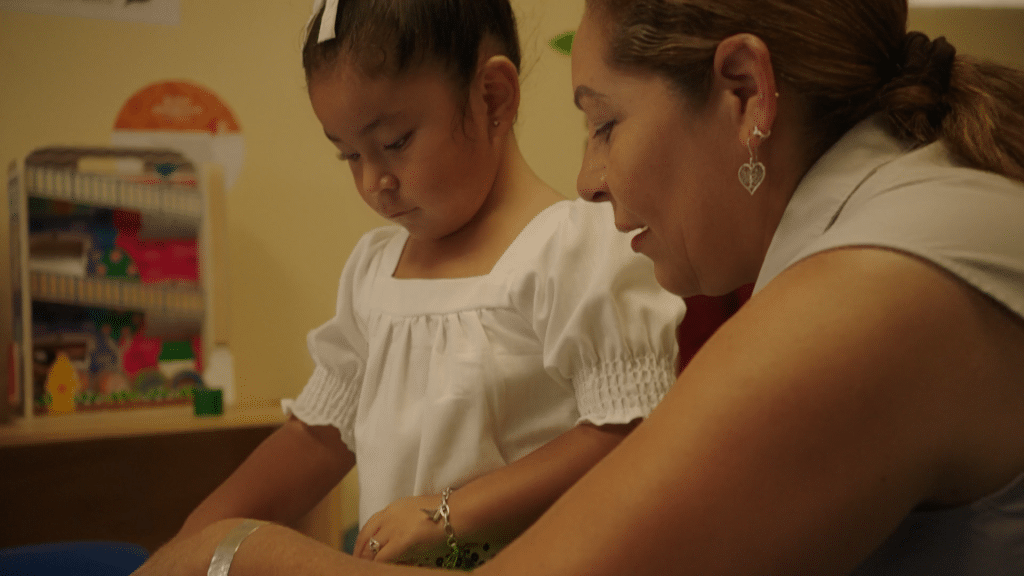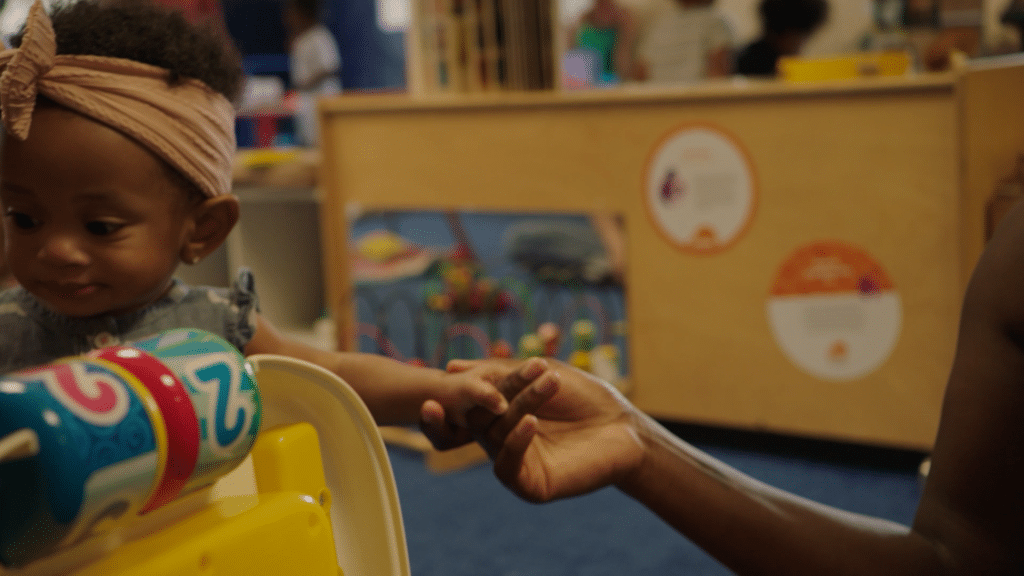People are the heart of social change. Civil society leaders, organizations, networks, and movements move positive change forward around the globe. Whether they are fishers organizing to better manage their resources in Chile, health care advocates in Mississippi ensuring young people have access to care, or Indigenous leaders working to end deforestation in the Congo Basin, these committed leaders are essential for creating a more just and inclusive world. When these leaders’ voices and actions are free to influence policy change, raise awareness, and insist for accountability, society benefits.
Yet, across the globe today, civil society is threatened and progress is stymied. More than two billion people, or 28 percent of the world’s population, live in countries with a closed civic space. In these countries, there are significant restrictions on the rights of assembly, association, and speech, accompanied by an increase in intimidation, detainment, and harassment of civil society leaders.
To make and sustain progress toward a more just and equitable society, our grantee partners and other changemakers must be able to do their important work.
For decades, the Packard Foundation has invested in strengthening organizations and leaders. This program started in 1983 based on David and Lucile Packard’s belief that organizations are more effective when they are equipped with thoughtful strategy, strong leadership, and sound operations. While our funding and strategies have evolved since then, our belief in leadership and the importance of strong organizations has remained a core part of the Foundation’s approach.
In light of our rapidly changing world, the polycrises we face, and an erosion of democratic values, we must think more expansively about how we can contribute to a more robust civil society. The leaders and organizations we support sit within networks and movements, and these partners are impacted by the broader context of civil society in the places they work.
Moving forward, the Foundation will fund three approaches.
First, we will continue our support for strengthening organizations and leaders who are working toward our shared vision in the places around the world where we fund. We will invest in the skills and strengths of leaders and organizations through coaching and mentorship programs, resource hubs, leadership, and peer support spaces, as we have for decades.
Second, we will invest in civil society infrastructure. This means funding the support systems, institutions, and cross-issue movements and training groups that facilitate, engage, and sustain civil society organizations working for the well-being of their communities and society. For example, in Indonesia we support leaders and organizations working on ending the climate crisis and ocean conservation. Our expanded focus will invest in the infrastructure that supports and connects these conservation advocates – such as consultants, coaches, and infrastructure groups who facilitate trainings, help organizations to build new skills, and support collaborations and shared learning.
Third, we will support maintaining and strengthening inclusive, thriving civic spaces across the globe – environments where people can exercise their rights, express diverse viewpoints, assemble, and organize without fear of undue consequences. When these conditions are absent, the ability of leaders and organizations to make change is sharply curtailed; at best, progress is slower, at worst, the wellbeing and safety of civil society actors is at risk. Those most underrepresented and historically oppressed, such as Indigenous communities, community-based leaders, and leaders of color feel the brunt of closing civic space first and most acutely. We will invest in groups that are working to ensure civil society has the space to operate and to include the voices of those most impacted.
With our expanded focus, we are able to support our partners to achieve greater, more durable impact through deeper, holistic investments. Our aim is to ensure that, across all the issues we fund, partners have the resources and capacity to achieve their goals under increasingly challenging circumstances. Working together, we hope to better address the barriers to change, not just for our grantees, but for many of the actors who compose civil society.
As part of this evolution, we changed our grantmaking initiative name to Civil Society and Leadership (from Organizational Effectiveness) to better communicate where our funding is focused and the impact we hope to see. While we made our first grants in support of civil society decades ago, we are looking forward to the learning and partnerships related to our new focus areas. We recognize we will learn a great deal in the months and years ahead from new grantee partners and peer funders deeply committed to ensuring a strong and supported civil society globally. We hope others will join us on our journey.






